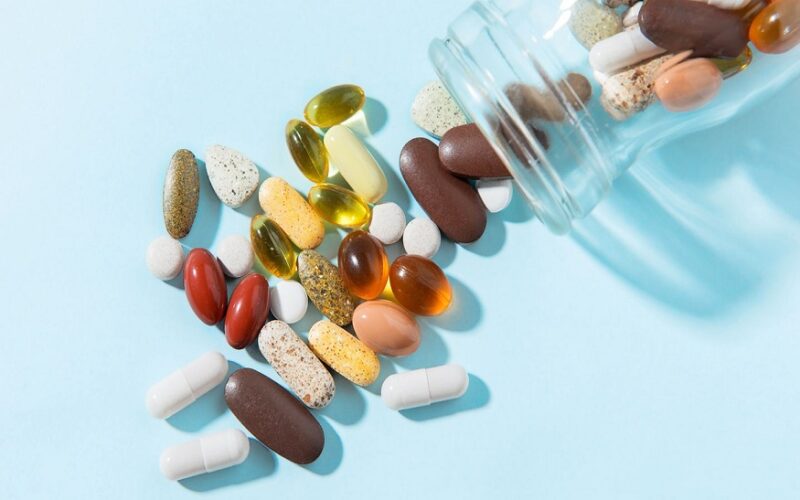In recent years, the scientific community has made significant strides in understanding the complex interplay between the gut and the brain. This dynamic relationship, often referred to as the gut-brain axis, has been found to influence not only our digestive health but also our mental well-being. Within this paradigm, probiotics and digestive health supplements have emerged as powerful tools in optimizing this vital connection.
The Gut-Brain Axis: A Symbiotic Relationship
The gut-brain axis is a bi-directional communication network linking the central nervous system with the gastrointestinal tract. This intricate connection is facilitated by an extensive network of nerves, hormones, and biochemical signaling pathways. It allows for constant communication between the gut microbiota, the enteric nervous system (ENS), and the central nervous system.
The gut microbiota, a diverse community of microorganisms residing in the gastrointestinal tract, plays a pivotal role in this relationship. Comprising bacteria, fungi, viruses, and other microorganisms, this ecosystem has been found to influence a wide array of physiological functions, including digestion, immunity, and even mood regulation.
Probiotics: The Guardians of Gut Health
Probiotics are live microorganisms, often referred to as “good bacteria,” that confer health benefits when consumed in adequate amounts. Found in various fermented foods like yogurt, kefir, and kimchi, as well as in dietary supplements from Pure Encapsulations at Supplement First, probiotics are key players in maintaining a balanced gut microbiota.
By introducing beneficial strains of bacteria into the gut, probiotics help create an environment conducive to optimal digestion and absorption of nutrients. They also bolster the gut’s defense against harmful pathogens, contributing to a stronger immune system.
Beyond Digestion: Probiotics and Mental Health
Emerging research has shed light on the profound impact of probiotics on mental health. Studies have indicated that a healthy gut microbiota composition, fostered by probiotic supplementation, may have a positive influence on conditions such as anxiety, depression, and stress.
The mechanisms behind this connection are multifaceted. Probiotics may influence the production of neurotransmitters like serotonin, often referred to as the “feel-good” hormone, directly impacting mood and emotional well-being. Additionally, they can modulate the body’s stress response, mitigating the effects of chronic stress on mental health.
Prebiotics: Nourishing the Gut Microbiota
Prebiotics are specialized dietary fibers that serve as food for the beneficial microorganisms in the gut. Commonly found in foods like garlic, onions, and certain fruits and vegetables, prebiotics play a crucial role in supporting a thriving gut microbiota.
By providing a source of nourishment for beneficial bacteria, prebiotics help maintain a diverse and robust microbial community. This, in turn, contributes to enhanced digestive health, improved nutrient absorption, and strengthened immunity.
Digestive Health Supplements: A Holistic Approach
In addition to probiotics and prebiotics, a range of digestive health supplements from Designs for Health offer comprehensive support for a balanced gut ecosystem. These supplements often include enzymes, fibers, and other bioactive compounds designed to optimize digestion, alleviate gastrointestinal discomfort, and promote overall well-being.
Wrapping It Up
Probiotics, prebiotics, and digestive health supplements offer valuable tools in cultivating a harmonious gut-brain axis. Just make sure you consult your doctor before taking any supplements to maintain your gut health.

Infographic created by OmniAb, specializing in advanced antibody screening

